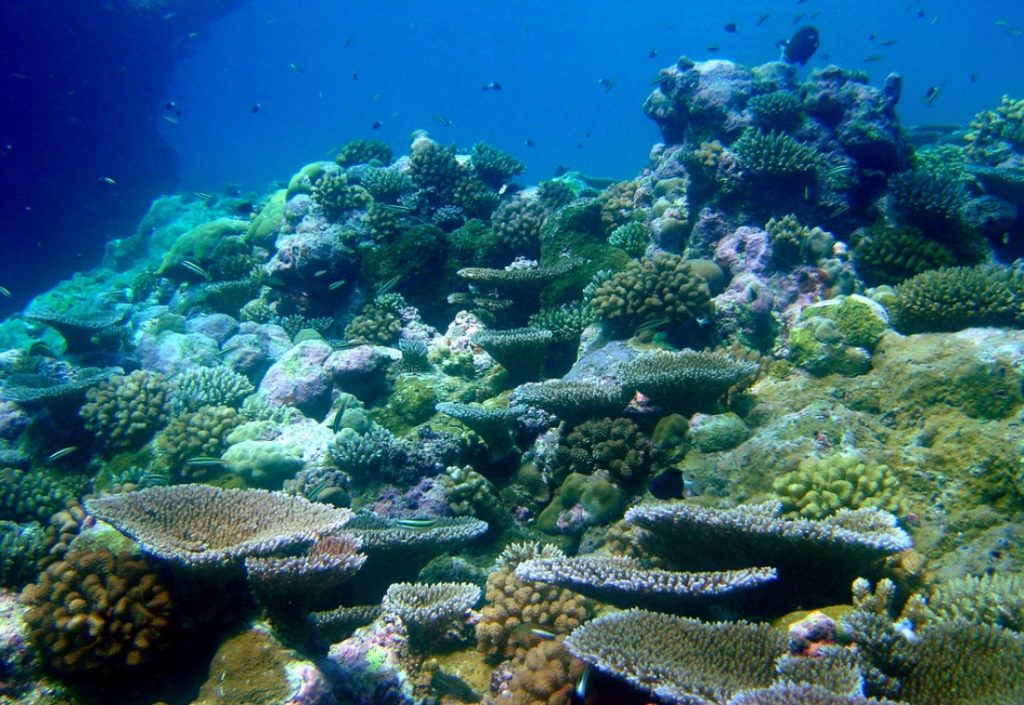
Dr. David Vaughan, a scientist from Florida, has discovered a remarkable discovery that might potentially save the world’s threatened coral reefs. Remarkably, this approach was discovered by accident, and it allows rock coral to grow 25–40 times quicker than it would usually. While certain corals, such as branching corals, develop quickly in the wild, rock coral may barely grow one millimeter in a year under ideal circumstances.
Coral’s significance
With a life span of hundreds of years, coral is a remarkable creature that combines elements of plants, animals, and minerals. Unfortunately, overfishing, pollution, and climate change have caused at least 25% of the world’s coral to perish in recent decades. For the planet and for people, this is disastrous. “If you wonder whether that’ll make a difference or not [that it’s disappearing], you should ask yourself, ‘Do you like to breathe?'” was how Dr. Vaughn phrased it. Naturally, people and other creatures need on oxygen to survive, and coral reefs generate two thirds of the planet’s oxygen. Furthermore, a variety of fish species that are vital to both the ecosystems of the ocean and the human diet call coral reefs home and eat. There hasn’t been any significant advancement in methods to preserve coral reefs up to this point.
The breakthrough
When Dr. Vaughan was moving colonies from one tank in his lab to another, he had the notion to shatter coral. One of the coral colonies burst into pieces when he attempted to take it up since it had adhered itself to the container. Being aware of coral’s sensitivity, he believed he had destroyed it. But when he returned a week later to the tank containing the shattered pieces, he saw that they had indeed grown by double! Inspired by this, he attempted to destroy additional colonies, but they too recovered at a never-before-seen pace. Described as his “eureka moment,” he went on to say that shattering the coral seemed to accelerate its development and repair.
Since discovering this technique, which is known as “micro-fragmentation,” Dr. Vaughan and his group have been generating thousands of corals. As ocean temperatures increase, researchers are now searching for coral strains that can withstand higher temperatures and fend off illness. These strains should be able to endure into the future. scientists achieve this by using “ocean simulators,” which are large tubs filled with water that most closely resembles what scientists anticipate ocean water will look like in 100 years. The corals that thrive are then grown with the goal of releasing them into the ocean.
Dr. Vaughan had been planning to retire, but he was discouraged by the sluggish development of corals. Now, he is delaying his retirement to cultivate one million corals to reintroduce into the reefs before he passes away. In the next three to five years, his lab should be able to accomplish that objective under the correct circumstances, he claims.



